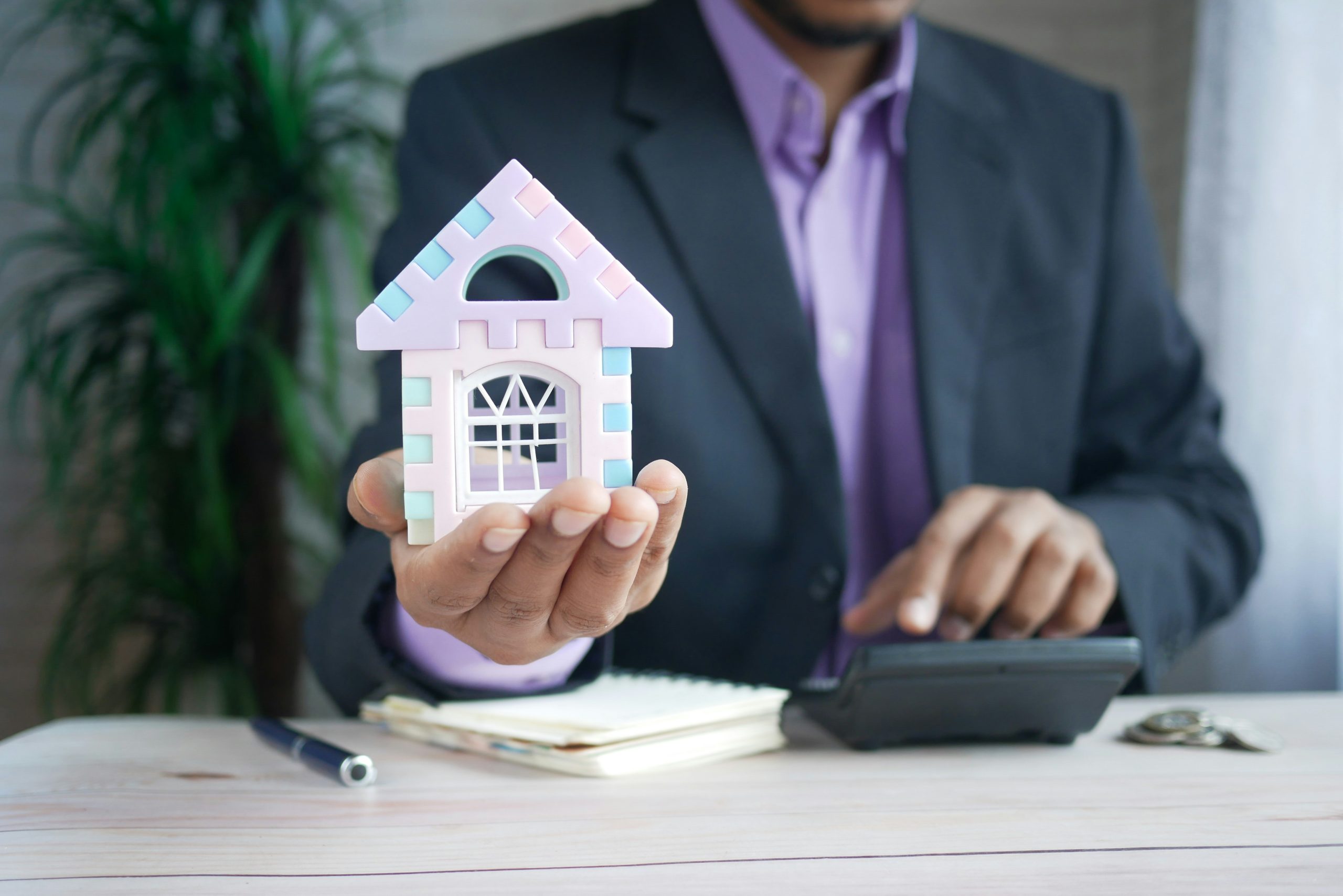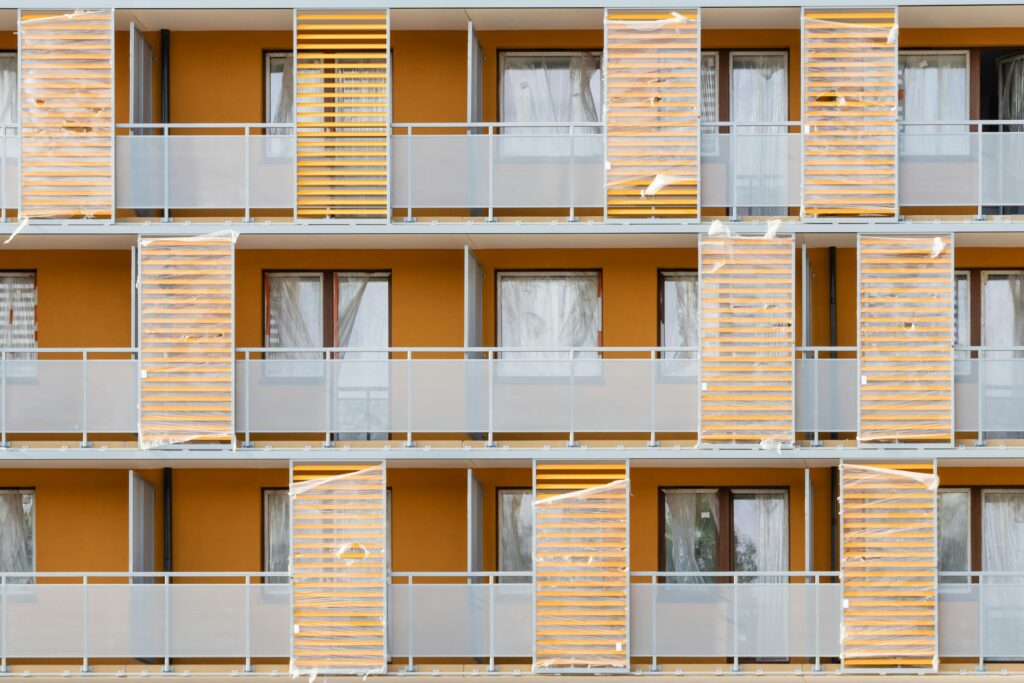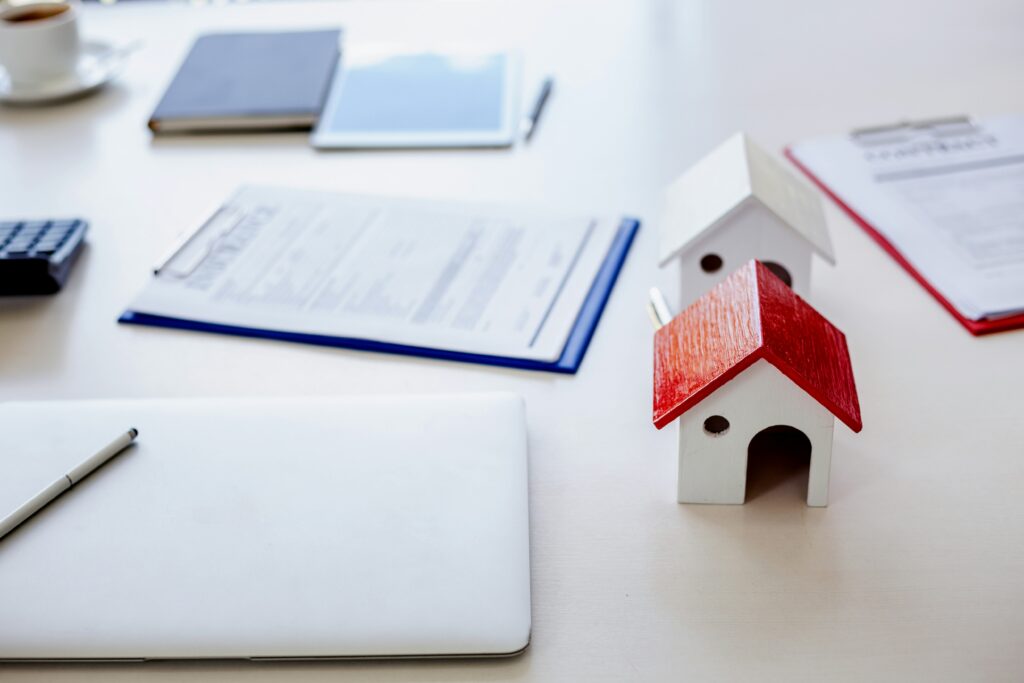Do I Pay Stamp Duty When I Sell My House?

Estimated reading time 9 minutes
Selling a house is fraught with three things, stress, delays, and fees. Unless you opt to sell via a cash house buyer of course, where the property is often sold fee-free, fast, and with minimal fuss. Should you be selling via the traditional market though, all three of those factors will likely be prevalent throughout your process.
One of the biggest concerns is the fees. You are spending a lot on marketing the property itself but then there are the solicitors’ fees, the estate agent fees, and more. One fee often questioned is stamp duty. You will be pleased to know that stamp duty when selling a house is not applicable. You’ll only pay stamp duty or SDLT when purchasing a new home.
In this blog we dive a little deeper so you understand stamp duty when selling your home and how you will still have to budget for it.
Do you pay stamp duty when you sell a house?
In a word, no. You do not pay stamp duty when you sell your house but, should you be selling a house at the same time as buying, you will need to factor in that stamp duty will be payable on the property you are purchasing. Although, sometimes, you can find yourself exempt from stamp duty, more of which to come later.
What is stamp duty?
If you are new to purchasing property, it would be worth knowing what stamp duty is so that you don’t get caught out by a surprise bill. Stamp Duty or SDLT is the tax paid when purchasing a property.
The amount owed is based on the price paid with differing bands for different property values and ownership statuses.
At the time of writing, stamp duty applies on properties valued at more than £250,000 or £425,000 if you are a first-time buyer. However, come April 1st, things will be a little different. Stamp duty in 2025 is changing.
Current stamp duty rates
At the moment, stamp duty is calculated at the following rates.
| Property Value | Stamp Duty Rate |
| Up to £250,000 | 0% |
| £250,001-£925,000 | 5% |
| £925,001-£1.5m | 10% |
| £1.5m+ | 12% |
For first-time buyers, there is a slight alteration in how much stamp duty will be paid.
| Property Value | Stamp Duty Rate |
| Up to £425,000 | 0% |
| £425,001-£625,000 | 5% |
Should a first-time buyer's home go above £625,000, the standard rates used for non-first-time buyers will apply.
What should be noted in all cases though, including the new 2025 rates, is that the percentage you owe only applies to the portion of the house at that value. For example, on current rates, if you buy a home for £400,000, your stamp duty would be:
0% on the first £250,000
5% on the remaining £150,000
This would give you a total stamp duty bill of £7,500.
For a first-time buyer, zero stamp duty would apply on the property we’ve used as an example. However, the changes from April 1st, 2025, might shake things up a little.
Stamp duty rates from April 1st 2025
From April 1st, stamp duty rates are changing, and will alter the landscape for property buyers a little. These changes mean buyers must pay stamp duty on any property valued at over £125,000.
| Property Value | Stamp Duty Rate |
| Up to £125,000 | 0% |
| £125,001-£250,000 | 2% |
| £250,001-£925,000 | 5% |
| £925,001-£1.5m | 10% |
| £1.5m+ | 12% |
It is important to remember that stamp duty does not apply to the full value of the home. For example, for a £400,000 home, you would not pay 5% stamp duty. You would instead pay the applicable rate proportionally. Using this £400,000 property as an example, stamp duty from April 1st 2025 would apply as follows:
0% on the first £125,000
2% on the next £125,000
5% on the remaining £150,000
This would give you a total stamp duty bill of £10,000.
Stamp duty rates for first-time buyers from April 1st 2025
For first-time buyers, there is also a change too. Where in the past a first-time buyer could spend up to £425,000 buying a home before SDLT applies, they can now spend just £300,000 before the tax is added.
| Property Value | Stamp Duty Rate |
| Up to £300,000 | 0% |
| £325,001-£500,000 | 5% |
Should the property be valued at more than £500,000, the SDLT will be applied at the new 2025 rates for people who have previously purchased a home.
Stamp duty rates for buying additional properties
At present, an additional 5% is added to your SDLT rate if you purchase more than one property. However, if you buy this second home to replace your main home, the additional 5% will not apply. Should you not sell your main home upon completion of the new property purchase, you will need to pay this surcharge but a refund can be claimed if you sell the home within three years. From April 1st 2025, new rates for Stamp Duty will be applied to the purchase of additional properties too.
| Property Value | Stamp Duty Rate |
| Up to £125,000 | 5% |
| £125,001-£250,000 | 7% |
| £250,001-£925,000 | 10% |
| £925,001-£1.5m | 15% |
| £1.5m+ | 17% |
Can I get a stamp duty refund on property I have sold?
You may be eligible for a stamp duty refund if you have purchased a new main residence and still own the previous home you lived in. You must sell this second home within three years of buying the new home and the refund will only apply to the 5% surcharge, not the standard stamp duty rate.
Can stamp duty affect selling a house?
Despite you not being liable for stamp duty as the seller, the stamp duty applicable to the person buying your property may still affect you.
In some cases, the value of stamp duty to be paid may come as a surprise to the buyer, once it is factored in. They may see that it adds such substantial costs to the total amount paid for the home that it becomes unaffordable for them.
This could see a reduced offer being made, or several potential buyers backing off from pushing on with even making one.
This then alters your potential for finding a new home as you could find that you must accept a lower offer. This lower offer then leaves you with less to put into your new home.
If you don’t pay stamp duty when selling your home, what tax do you pay?
There is a saying isn’t there, that in life, two things are certain, death, and taxes. In property sales, despite the absence of stamp duty when selling a home, you will be required to pay other taxes.
Capital Gains Tax or GCT may be payable when you sell your home, but it depends on the property, and if you meet certain criteria.
If you pay the basic rate of income tax, you’ll pay a capital gains tax of either 18% or 28% on the value that the property has increased by. If you are a higher-rate income taxpayer, you’ll pay 28% CGT on the gains from the sale of your home.
Will I pay stamp duty if selling a non-residential property?
Stamp duty applies to non-residential properties but only for the buyer. If you are selling a commercial property, you will not pay any stamp duty, but the buyer will. Stamp duty for non-residential properties is calculated a little differently from the way it is for residential properties, and the threshold starts much lower. SDLT for non-residential properties is paid when £150,000 or more is spent on purchasing non-residential or mixed-use land or property. If you are selling a non-residential property, you should factor in the SDLT that the buyer will be paying, to ensure you list the property at a reasonable price.
Can I get a stamp duty refund on property I have sold?
You may be eligible for a stamp duty refund if you purchased a new main residence and still owned the previous home you lived in. You must sell this second home within three years of buying the new home, and the refund would only be due on the 3% surcharge applied to second properties.
Are there exemptions from stamp duty if selling my house and buying at the same time?
You’ll find that stamp duty will not apply if a property is left to you in a will. In this case, you would pay an inheritance tax instead.
You will also be exempt from stamp duty if you receive land or property in exchange for any payment of consideration as stipulated by HMRC. Divorce, for example.
There are also stamp duty relief options. These include:
- People buying multiple properties where one transaction or several linked ones include freehold or leasehold interests in more than one property.
- A building company buys your home and you buy a home from the building company.
- Your employer buys you a house due to relocation.
Whilst you won’t need to pay stamp duty when you sell a home, you should account for the potential costs it will incur for the buyer. If you price your property too high, people may not want to make an offer. You should also remember that whatever property you plan to buy when you sell your current home, stamp duty will still be applicable.
If you have found that your property is struggling to sell, perhaps with buyers put off by the potential stamp duty costs, you could opt for Bettermove to sell your house fast. We will operate as a cash house buyer and use our own funds to buy your property from you. With speed, no doubt important to you as a seller, we can complete the process in just seven days but are adaptable to a timeframe that suits you. Alternatively, we can market your property to a selection of pre-approved cash buyers via our website and the major property portals. If selling fast is your goal, you won’t get a better sale than one with Bettermove. Contact our fast house sale experts today to find out more and sell property online easily when it suits you.



